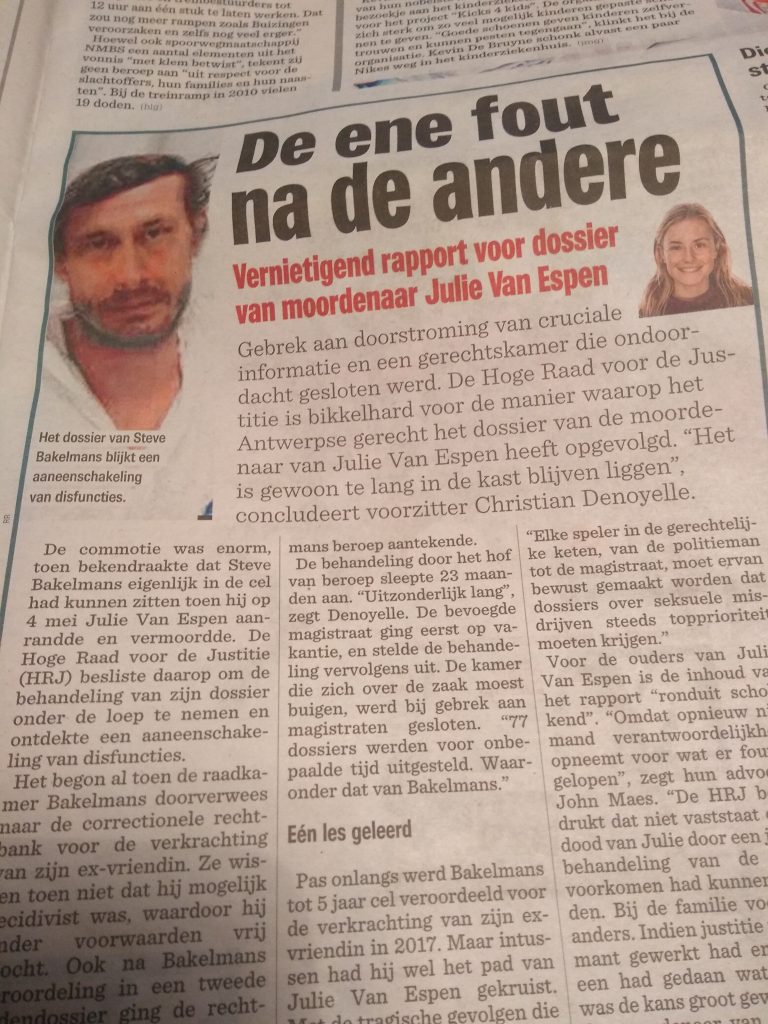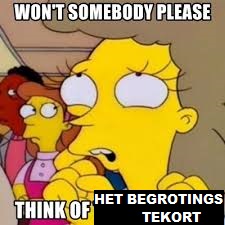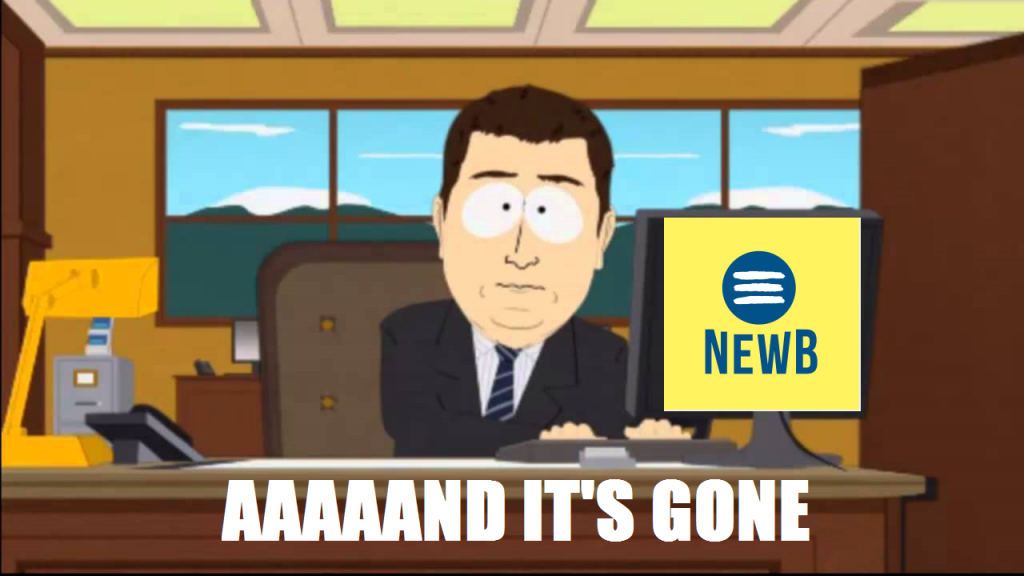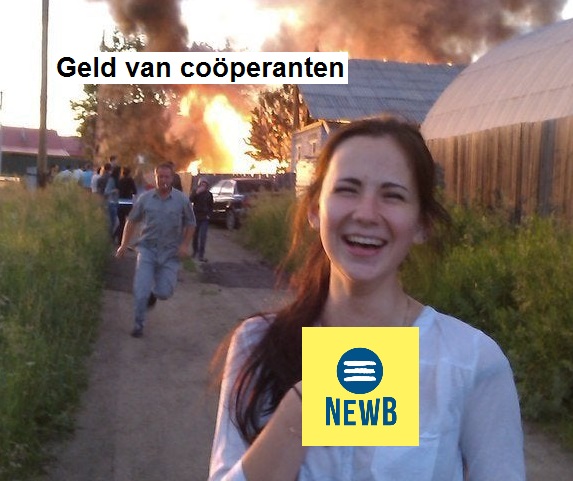Is de huidige wiskundeles in de derde graad middelbaar zinvol? Uiteraard wel voor wetenschappelijke richtingen.
Maar wat voor nut hebben integralen voor leerlingen die later dit soort artikels produceren?

Zouden we niet beter iedereen een basis “denken in grootte-ordes” aanleren?
Er zijn ongeveer 7 miljard mensen. Een miljard is duizend miljoen, dus 7 miljard is 7.000.000.000 = 7 x 10^9.
Stel om gemakkelijk te rekenen dat er 5,5 miljard mensen in ontwikkelingslanden leven.
Dan hebben ze volgens dit artikel gemiddeld (55 x 10^18 / 5,5 x 10^9) = 10 x 10^9 = 10.000.000.000 dollar schulden.
Klinkt zeer realistisch, beste “sgg”.
Dat gebeurt dus wanneer je niet kan rekenen en klakkeloos dingen vertaalt, maar niet weet dat trillion in het Engels gelijk is aan biljoen (duizend miljard = 10^12) in het Nederlands…




